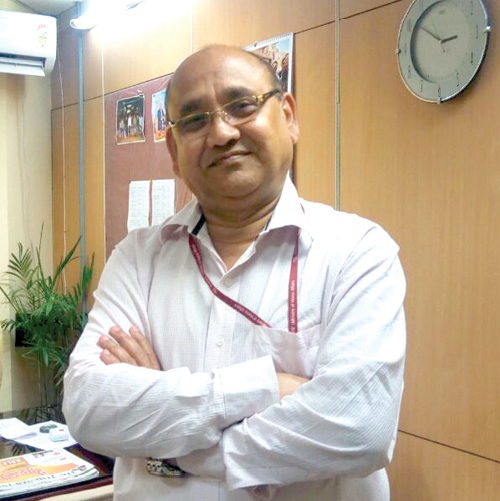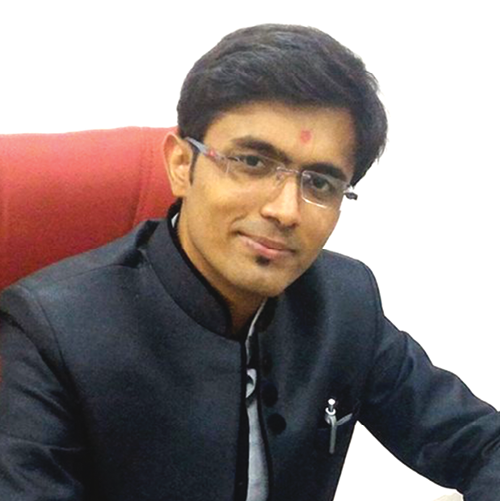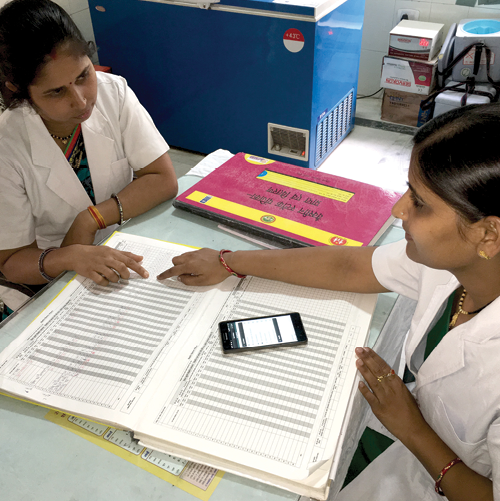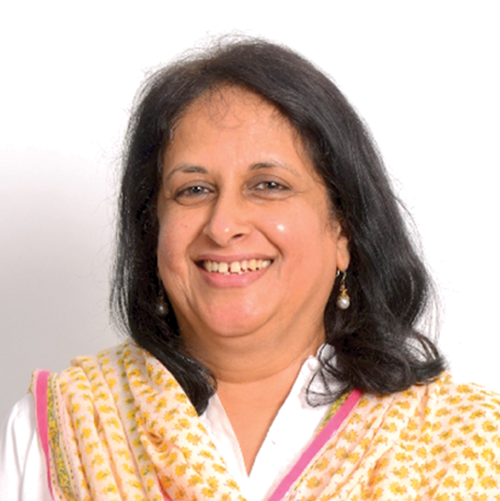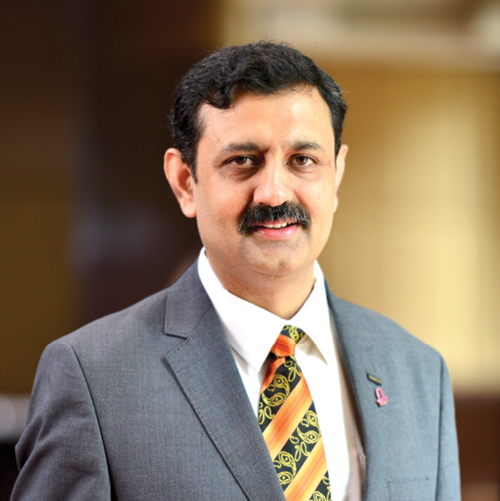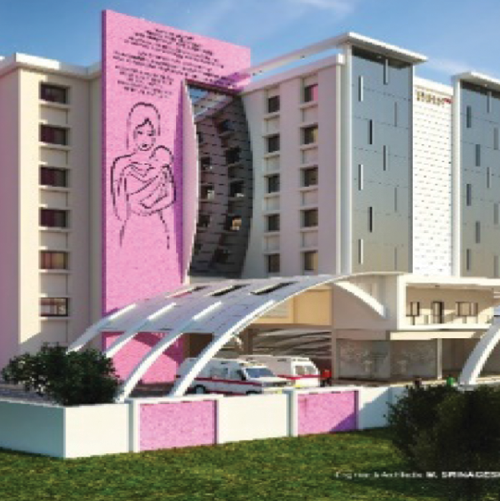
Karnataka has made tremendous gains in the delivery of healthcare to the majority of its population. However, access to healthcare is only of value if the care is of high quality. It is in this regard that the public-private partnership (PPP) has emerged as an effective tool, observes Elets News Network (ENN).
 Health status of the community has engaged the attention of the public as well as the private stakeholder from the beginning of this decade. Rapid progress in achievement of health indicators has been made after implementation of National Rural Health Mission (NRHM) in state with adequate strengthening of the public healthcare system. Still display of available services, accountability and transparency lack in public health system. This has led to inadequate access for essential healthcare services which is a key step towards achieving of Universal Health Coverage (UHC).
Health status of the community has engaged the attention of the public as well as the private stakeholder from the beginning of this decade. Rapid progress in achievement of health indicators has been made after implementation of National Rural Health Mission (NRHM) in state with adequate strengthening of the public healthcare system. Still display of available services, accountability and transparency lack in public health system. This has led to inadequate access for essential healthcare services which is a key step towards achieving of Universal Health Coverage (UHC).

Community often depend on the unorganised, and at times, unqualified private providers leading to heavy out of pocket expenses. Realising this significant gap for improving access for public health care, the Government of Karnataka has launched the e-Hospital programme to provide accountable and transparent health services to the community.
Public-private partnerships (PPP) are increasingly seen as playing a critical role in improving the performance of health systems worldwide by bringing together the best characteristics of the public and private sectors to improve efficiency, quality, innovation, and health impact of both private and public systems.
While partnerships can be an effective force toward achieving these results, they are not a complete solution to the many problems that now face health systems.
If partnerships are to be effective in addressing the issues of poverty reduction and equity, quality improvement, and cost containment, considerable work will need to be done to develop the accountability and transparency, the legal and regulatory framework, and the mutual trust that is necessary for partnerships to succeed.

In todays scenario of complexity and rapid pace it is almost impossible to do anything alone. This is especially true in health where constantly rising prices, changing disease patterns, and increasing use of sophisticated technology for diagnosis and treatment have made it virtually impossible to imagine any single organisation providing services without some type of institutional partnership. The partners, too, may vary from private”for”profit companies, not”for”profit organisations, Governments, donor organisations, to community groups. Partnerships may vary in terms of financing of crores of Rupees to the sharing of non-financial resources. However, all partnerships have one thing in common: they have come about because both partners believe they have something to gain from the partnership agreement.
However, financial gain is not the only benefit of partnership, and in many cases of partnership, other considerations provide the incentive. A common one is the transfer of technical knowledge between partners. This is often the case in partnerships between the public sector and NGOs, where both partners have knowledge and skills that is useful to the other are able to learn from each other Karnataka has made tremendous gains in the delivery of health care to the majority of its population. Today, most people have access to health care. However, access to health care is only of value if the care is of high quality. This has been more difficult to achieve, and is one of the hopes for partnerships.
In order to provide quality health care and to operate, manage and redevelop the existing Government Mother and Child Hospital complex which is spread over three plots of land in Udupi town, KM Marg Road as well as development of a centre of excellence hospital and preventive and community health facility in this premises, the philosophy of public-private partnership was thought of.
 There was a 70 bedded government mother and child hospital, which building was in a very dilapidated condition. The average outpatient per day in this hospital is around 150 and the average inpatient per day is around 100. The existing place had become acutely insufficient to meet the current demand. Since it is a government hospital, it invariably needs to cater to all sections of the society who come for relief. However, the institution was not in a position to respond to the aspirations and the needs of local population.
There was a 70 bedded government mother and child hospital, which building was in a very dilapidated condition. The average outpatient per day in this hospital is around 150 and the average inpatient per day is around 100. The existing place had become acutely insufficient to meet the current demand. Since it is a government hospital, it invariably needs to cater to all sections of the society who come for relief. However, the institution was not in a position to respond to the aspirations and the needs of local population.
Under the said circumstances a proposal was submitted to the department by a philanthropist, expressing his interest and commitment to construct a 200 bedded mother and child hospital, which thereby enhances the bed strength from 70 to 200. He had also expressed 100 per cent free service to all the health assurance beneficiaries. He had further made it clear that the entire cost of construction of this structure would be borne by the service provider, besides the required quarters for doctors and allied staff along with hospital structure. It is also represented that the entire management of the hospital such as the wages to the working staff and supply of medicines was also offered to be taken care by the service provider. The service provider (BRS Enterprises) run by an NRI, who originally belonged to Udupi town and did this work in memory of his late father, had suggested that the Institution be named after his beloved father and the department felt that the said proposal looked credible and it could be appropriate to re-name the hospital.
The proposal to put up 400 bedded centre of excellence hospital in the same locality on the land that belongs to the said mother and child hospital was also examined which is spread over three plots of land in Udupi town measuring 3.88 acres and leased the land for the project for a minimum period of 30 years .
For patient seeking emergency treatment, the services for any mother and child hospital is proposed to be completely free of cost in centre of excellence hospital. Besides this various groups of people covered under different Government Schemes will have the priority as per guidelines of Government of Karnataka.
This hospital is proposed to offer free medical care to mother and child patients residing in Udupi district. It is also proposed to set up residential quarters for staff accommodation on the said plot. The proposed hospital offers specialised and super-specialised medical services free of cost to Memorial Hospital patients and to other BPL families and proposed to provide services as per government schemes to health assurance beneficiaries. The pricing for other patients it intended to be transparent and ethical. A preventive and community health facility also proposed in the hospital complex.
Be a part of Elets Collaborative Initiatives. Join Us for Upcoming Events and explore business opportunities. Like us on Facebook , connect with us on LinkedIn and follow us on Twitter , Instagram.


